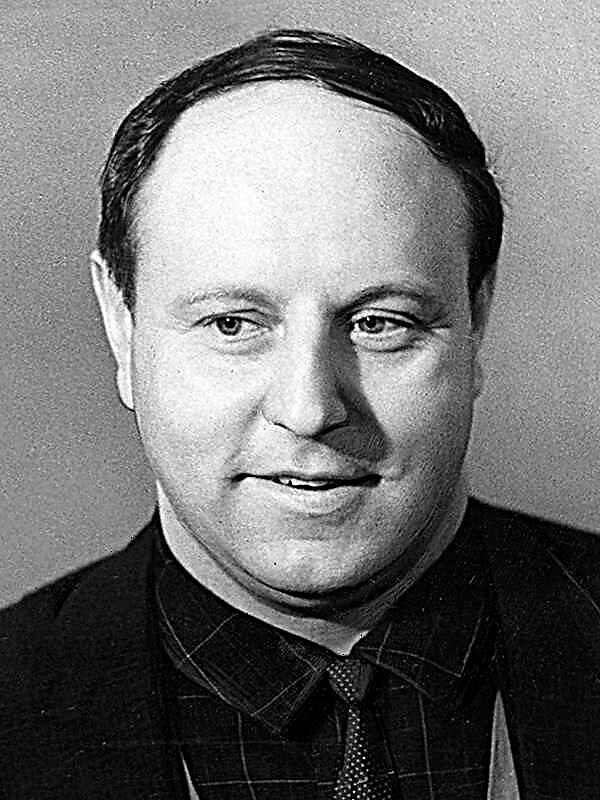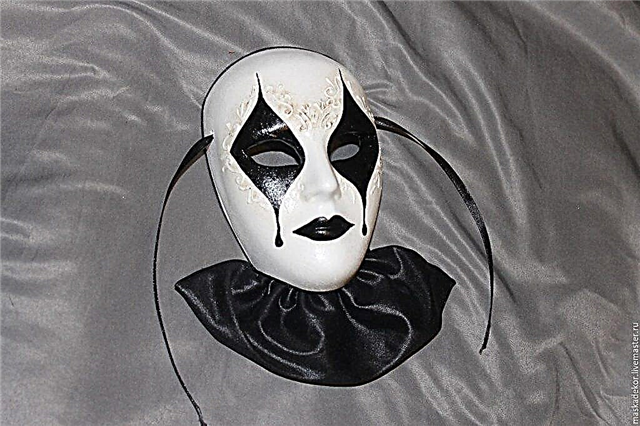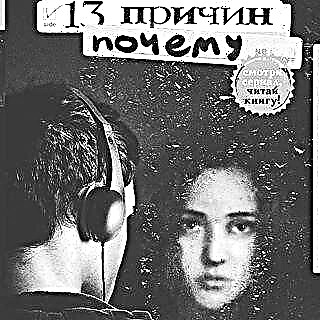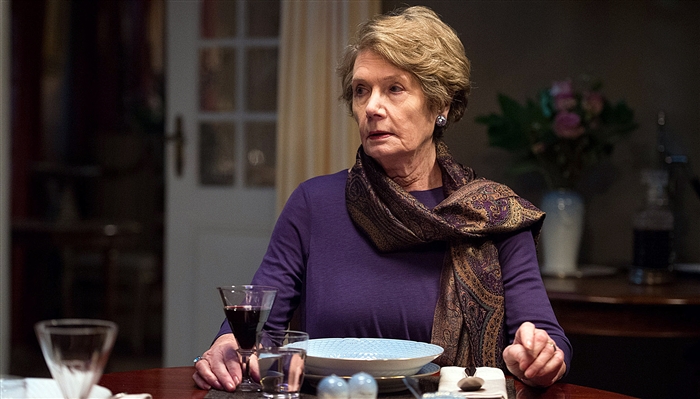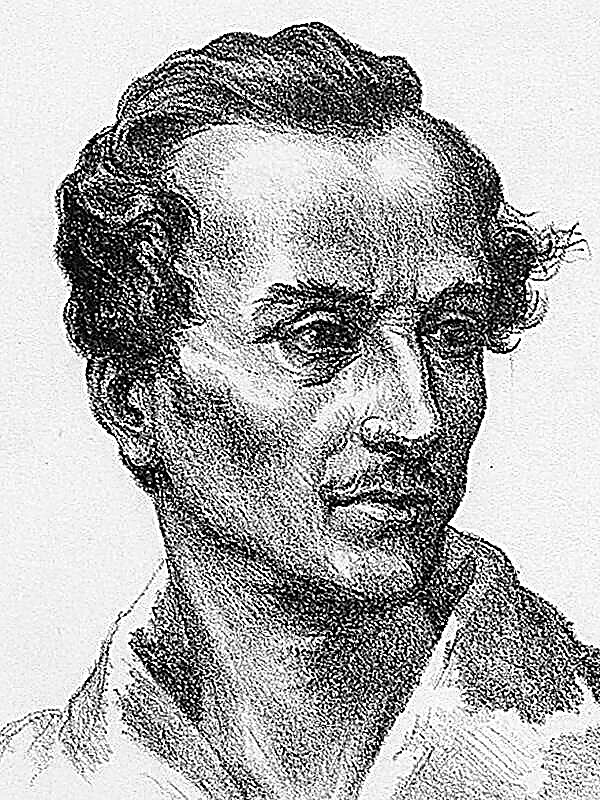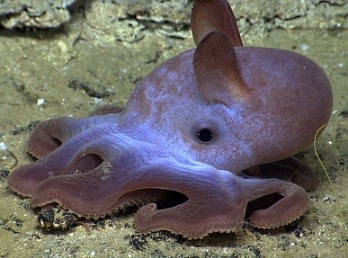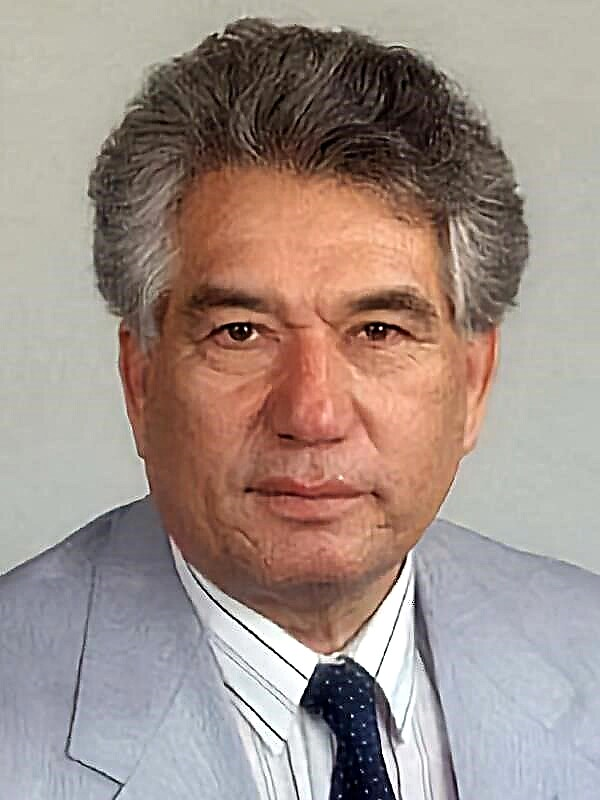This story is a “genuine” chronicle of the city of Glupov, “Glupovsky Chronicler”, embracing the time period from 1731 to 1825, which was “successively composed” by four stupid archivists. In the chapter “From the Publisher” the author especially insists on the authenticity of the “Chronicler” and invites the reader to “grasp the physiognomy of the city and keep track of how various changes simultaneously occurring in higher spheres were reflected in its history”.
"The Chronicler" opens with "An appeal to the reader from the last archivist-chronicler." The archivist sees the task of the chronicler in “being a portrayer” of “touching correspondence” - power, “to the best of daring”, and the people, “to the best of thanks”. History, therefore, represents the history of the reign of various mayors.
First, the prehistoric chapter “On the root of the origin of the Foolovites” is given, where it is told about how the ancient people of the headshots defeated the neighboring tribes of walrus eaters, lukoedov, kosobryuhikh, etc. But, not knowing what to do to order, the heads went to look for a prince . They appealed to more than one prince, but even the most stupid princes did not want to "plead stupid" and, having taught with a rod, released them with honor. Then they called on the heads of the thief-novotor, who helped them find the prince. The prince agreed to “get fit”, but he didn’t go to live with them, having sent a new thief instead. The very same golotyotyapov called the prince "Foolovites", hence the name of the city.
The fools were humble people, but the novice needed riots to pacify them. But soon he was so quick that the prince "sent a loop to the unfaithful slave." But the innovator "and then dodged:‹ ... ›without waiting for the loop, he stabbed himself with a cucumber."
The prince also sent rulers - Odoyevtsa, Orlovtsy, Kalyazinets - but they all turned out to be real thieves. Then the prince "... arrived by his own person in Stupid and cry out:" I’ll lock up! ". With these words, historical times began. ”
The following is an “Inventory to the city governors at different times in the city of Glupov from the highest authorities delivered”, after which biographies of “wonderful city governors” are given in detail.
In 1762, Dementy Varlamovich Brudasty arrived in Glupov. He immediately struck the Foolovites with sullenness and laconicism. His only words were "I will not tolerate!" and "I'll bust!". The city was lost in conjecture until one day the writer, entering with a report, saw a strange sight: the body of the mayor, as usual, was sitting at the table, while his head was completely empty on the table. Stupid was shocked. But then they remembered the time and organ affairs of master Baibakov, who secretly visited the mayor, and, having called him, they found out. In the head of the mayor, in one corner, an organ was placed that could perform two musical pieces: “I'll ruin it!” and "I will not tolerate it!". But on the road his head was damp and needed to be fixed. Baibakov himself could not cope and asked for help in St. Petersburg, from where they promised to send a new head, but for some reason the head was delayed.
Beganness began, ending in the appearance of two identical city governors at once. “The impostors met and measured each other's eyes. The crowd dispersed slowly and in silence. " A messenger immediately arrived from the province and took both impostors. And the Foolovites, left without the mayor, immediately fell into anarchy.
Anarchy continued throughout the next week, during which six city governors were replaced in the city. The inhabitants darted from Iraida Lukinichna Paleologova to Clementinka de Bourbon, and from her to Amalia Karlovna Stockfish.The claims of the first were based on the short-term town-planning activity of her husband, the second — on the father, and the third — herself was the town-governor's lipstick. The claims of Nelka Lyadokhovskaya, and then of Dunki the bosom and Matrenki the nostrils were even less justified. Between military operations, the Foolovites threw some citizens from the bell tower and drowned others. But they are tired of anarchy. Finally, a new mayor arrived in the city - Semyon Konstantinovich Dvoekurov. His activity in Glupov was beneficial. “He introduced mead brewing and brewing and made mustard and bay leaf mandatory”, and also wanted to establish an academy in Glupov.
Under the next ruler, Petra Petrovich Ferdyshchenka, the city flourished for six years. But in the seventh year, "The demon was embarrassed by the Ferdyshenko." The city governor inflamed with love for the coachman's wife Alenka. But Alenka refused him. Then, with the help of a series of consistent measures, Alyonka’s husband, Mitka, was branded and sent to Siberia, and Alyonka came to her senses. But through the city sins, drought struck the Fools, and hunger came for her. People began to die. Then came the end of stupid patience. At first they sent a walker to Ferdyshchenka, but the walker did not return. Then they sent a request, but this did not help either. Then we got to Alyonka, and threw her from the bell tower. But Ferdyshchenko did not doze off, but wrote reports to his superiors. Bread was not sent to him, but a team of soldiers arrived.
Through the next enthusiasm of Ferdyshchenka, the archer, Domashka, fires came to the city. The Pushkarskaya Sloboda was burning, followed by the Bolotnaya and Scoundrel settlements. Ferdyshchenko again hesitated, returned Domashka to the “guardianship” and called the team.
The reign of Ferdyshchenka ended with a journey. The city governor went on a city pasture. In different places he was greeted by the townspeople and was waiting for dinner. On the third day of the trip, Ferdyshchenko died of overeating.
The successor of Ferdyshchenka, Vasilisk Semenovich Borodavkin, took up the post decisively. Having studied the history of Glupov, he found only one role model - Dvoekurov. But his achievements were already forgotten, and the Foolovites even stopped sowing mustard. Borodavkin ordered that this mistake be corrected, and in punishment he added olive oil. But the Foolovites did not give in. Then Borodavkin went on a military campaign to the Streletskaya Sloboda. Not everything in the nine-day hike was successful. In the dark, their fought with their own. Many real soldiers were fired and replaced with tin soldiers. But Borodavkin survived. Having reached the settlement and not having caught anyone, he began to pull logs at home. And then the settlement, and after it the whole city surrendered. Subsequently, there were several more wars for enlightenment. On the whole, the rule led to the impoverishment of the city, which finally ended under the next ruler, Rogue. In this state, Stupid and found Circassian Mikeladze.
No events were held on this board. Mikeladze pulled away from administrative measures and was engaged only in the female sex, to which there was a big hunter. The city was resting. “There were few visible facts, but the consequences are innumerable.”
Replaced Cherkesshenin Feofilakt Irinarkhovich Benevolensky, a friend and comrade Speransky at the seminary. He was distinguished by a passion for legislation. But since the mayor did not have the right to issue his laws, Benevolensky issued the laws secretly, in the house of the merchant merchant Raspopova, and at night scattered them around the city. However, he was soon dismissed for relations with Napoleon.
Next was Lt. Col. Pimple. He did not do business at all, but the city flourished. The yields were huge. The fools were wary. And the mystery of Pimple was revealed by the leader of the nobility. A great lover of minced meat, the leader sensed that the head of the mayor smells of truffles and, unable to stand it, attacked and ate the stuffed head.
After that, the state adviser Ivanov arrived in the city, but "turned out to be so short that he could not accommodate anything vast", and died.His successor, an emigrant Viscount de Chario, constantly had fun and was ordered to go abroad by order of his superiors. Upon examination it turned out to be a girl.
Finally, State adviser Erast Andreevich Grustilov appeared in Stupid. By this time, the Foolovites had forgotten the true God and clung to idols. Under him, the city was finally mired in debauchery and laziness. Hoping for their happiness, they stopped sowing, and hunger came to the city. Sadilov was busy with daily balls. But everything suddenly changed when he appeared about him. The wife of pharmacist Pfeifer pointed out to Grustilov the path of good. The holy fools and the wretched, who went through hard days during idol worship, became the main people in the city. The fools repented, but the fields were still empty. The stupid beau monde gathered at night to read Mr. Strakhov and “admiration”, which the authorities soon learned about, and Grustilov was ousted.
The last stupid town governor - Ugryum-Burcheev - was an idiot. He set a goal - to turn Glupov into an “eternally worthy memory of the Grand Duke Svyatoslav Igorevich city of Nepreklonsk” with straight identical streets, “companies”, identical houses for identical families, etc. Ugryum-Bourcheev thought out the plan in detail and started to execute. The city was destroyed to the ground, and it was possible to begin construction, but the river interfered. She did not fit into the plans of Ugryum-Burcheev. The indefatigable mayor led an attack on her. All rubbish, all that was left of the city, was put into action, but the river washed away all the dams. And then Ugryum-Burcheev turned and walked away from the river, leading the Foolovites with him. A completely flat lowland was chosen for the city, and construction began. But something has changed. However, notebooks with the details of this story were lost, and the publisher cites only the denouement: “... the earth shook, the sun faded‹ ... › It has come. " Without explaining what exactly, the author only reports that “the scoundrel instantly disappeared, as if it had dissolved in air. History has stopped its course. ”
The story closes with "justifying documents", that is, the compositions of various mayors, such as Borodavkin, Mikeladze and Benevolensky, written as edification to other mayors.



